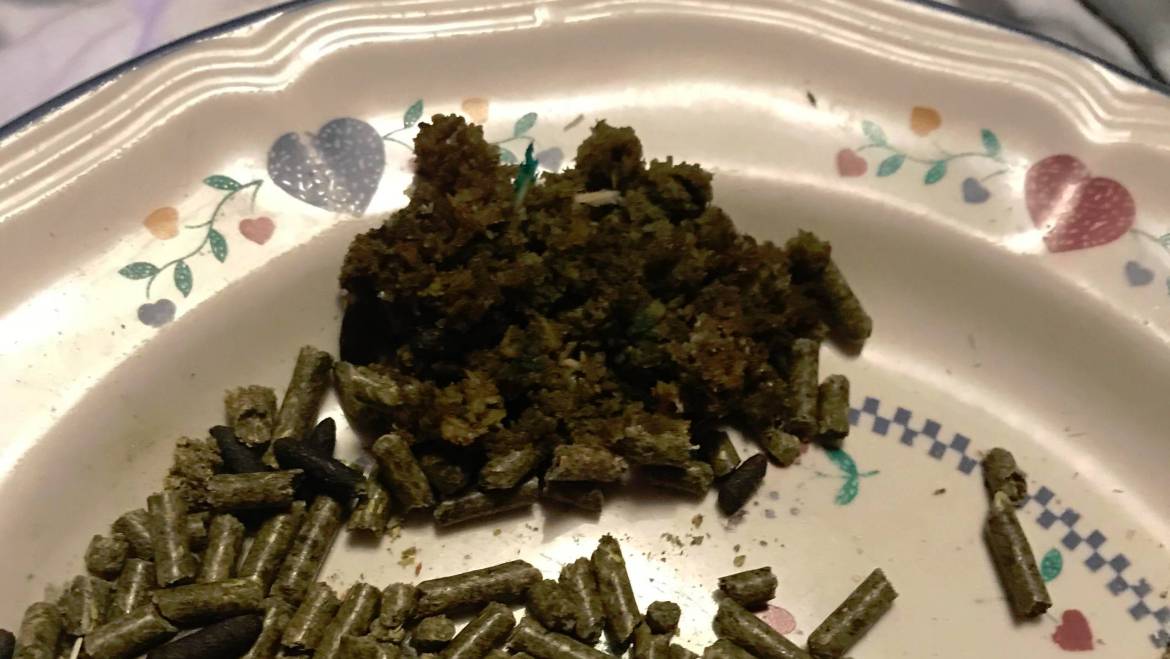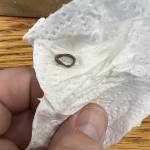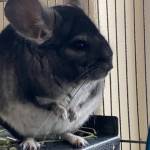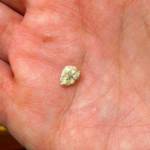Chinchillas are adorable and fascinating creatures that are native to the Andes Mountains in South America. As their popularity as pets continues to grow, so does the need for proper care and understanding of their behavior and physiology. One question that many chinchilla owners may have is whether or not their furry friend is capable of vomiting. In this article, we will explore the topic of chinchilla vomiting in detail, covering various subtopics such as their digestive system, reasons for vomiting, and what to do if your chinchilla vomits.
Chinchilla Digestive System
Chinchillas are herbivorous animals, meaning that they primarily eat plant-based foods such as hay, pellets, and fresh vegetables. Their digestive system is specifically adapted to break down these types of foods. Like other rodents, chinchillas have a unique digestive system that includes a large cecum. The cecum is a pouch-like structure located at the beginning of the large intestine, which is responsible for fermenting and breaking down fibrous plant material.
One important thing to note about chinchilla digestion is that they are unable to vomit due to the structure of their esophagus. Unlike humans and some other animals, chinchillas have a very narrow esophagus that does not allow for the reversal of food and liquid. This means that once food enters their stomach, it must continue through the digestive system and be excreted through their feces.
Reasons for Vomiting in Chinchillas
While chinchillas cannot puke in the traditional sense, there are instances where they may regurgitate or spit up food. This is typically a result of an underlying health issue or stress. Below are some reasons why a chinchilla may regurgitate food:
- Dental Issues: Chinchillas have teeth that grow continuously throughout their life. If their teeth become overgrown, it can make it difficult for them to properly chew and swallow their food. This can result in the regurgitation of partially chewed food.
- Gastrointestinal Issues: Like any animal, chinchillas can experience gastrointestinal issues such as diarrhea or constipation. These issues can cause discomfort and may lead to regurgitation.
- Respiratory Issues: Chinchillas are prone to respiratory infections, which can cause difficulty breathing and lead to regurgitation.
- Stress: Chinchillas are sensitive animals that can become stressed easily. Changes in their environment, such as a new cage or a new pet in the home, can cause stress and lead to regurgitation.
What to Do if Your Chinchilla Vomits
If you notice that your chinchilla is regurgitating food or appears to be experiencing any other health issues, it is important to take them to a veterinarian as soon as possible. A veterinarian who specializes in exotic animals, such as chinchillas, will be able to properly diagnose and treat any underlying health issues.
In the meantime, there are some steps you can take at home to help your chinchilla feel more comfortable:
- Check Their Teeth: If you suspect that your chinchilla is regurgitating due to dental issues, it is important to have their teeth checked by a veterinarian. They may need to have their teeth trimmed or filed down to ensure proper chewing and swallowing.
- Monitor Their Food and Water Intake: Keep an eye on your chinchilla’s food and water intake. If you notice that they are not eating or drinking as much as usual, it could be a sign of an underlying health issue.
- Reduce Stress: If you suspect that your chinchilla is regurgitating due to stress, try to identify the source of stress and remove it if possible. This may include moving their cage to a quieter location or providing them with more hiding places.
- Provide Supportive Care: If your chinchilla is not eating or drinking, it is important to provide supportive care. You can offer them small amounts of water through a syringe or dropper, and offer them soft, easy-to-digest foods such as baby food or critical care formula.
Preventing Health Issues in Chinchillas
While some health issues are unavoidable, there are steps you can take to help prevent them from occurring in the first place. Here are some tips for keeping your chinchilla healthy:
- Provide a Healthy Diet: Chinchillas require a diet that is high in fiber and low in fat. Make sure that they have access to fresh hay at all times, and provide them with a limited amount of pellets and fresh vegetables.
- Keep Their Environment Clean: Chinchillas are prone to respiratory issues, so it is important to keep their environment clean and free of dust and debris. Use a dust-free bedding material and clean their cage regularly.
- Monitor Their Behavior: Keep an eye on your chinchilla’s behavior and look for any signs of illness, such as lethargy or loss of appetite. Catching health issues early can help ensure prompt treatment.
- Provide Plenty of Exercise: Chinchillas are active animals that require plenty of exercise to stay healthy. Provide them with a large, multi-level cage and plenty of toys and activities to keep them active and engaged.
In conclusion, chinchillas are not capable of vomiting due to the structure of their esophagus. However, they may regurgitate food in certain circumstances, such as due to dental issues, gastrointestinal issues, respiratory issues, or stress. If you notice that your chinchilla is regurgitating food or experiencing any other health issues, it is important to take them to a veterinarian who specializes in exotic animals as soon as possible. By providing your chinchilla with a healthy diet, clean environment, and plenty of exercise, you can help prevent health issues from occurring in the first place.







